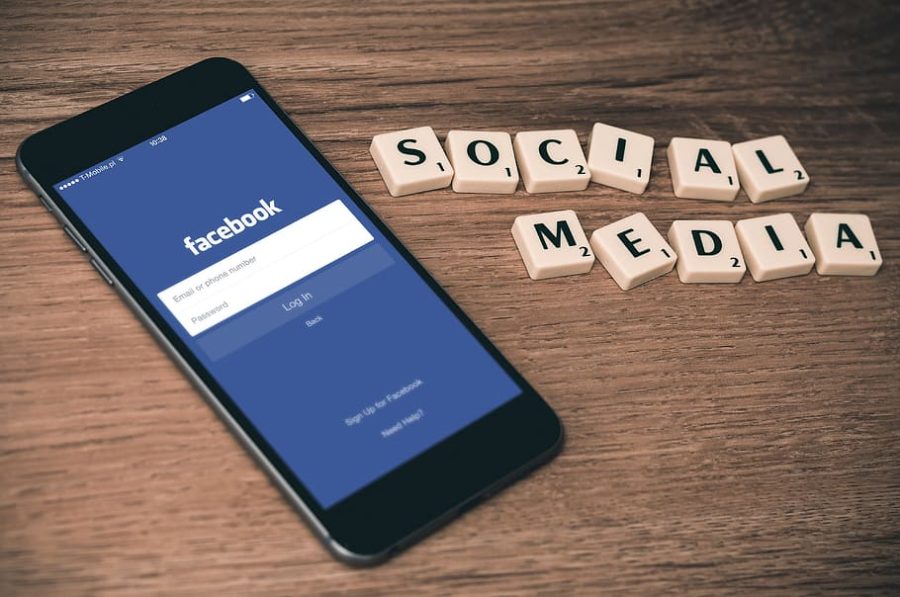Facebook’s Impact on Mental Health
October 28, 2021
Facebook, a multinational technology company founded in 2004, is under fire after being accused of ignoring harmful effects on mental health caused by its social media platforms including Instagram, which has been owned by Facebook since 2012.
Whistleblower and former Facebook employee, Frances Haugen, testified before a U.S. Senate committee claiming that “Facebook knows they are leading young users to anorexia content.”
For many youth individuals, and especially teenage girls, mental health regarding body image is often negatively impacted by social media. In the U.S, 10 in 100 young women suffer from an eating disorder.
“Thirty-two percent of teen girls said that when they feel bad about their bodies, Instagram made them feel worse”, researchers said in a spring 2020 report.
According to the same report, after researching the impact Instagram had on young users for three years, a Facebook committee came to the following conclusions:
“We make body image issues worse for one in three teen girls.”
“Teens blame Instagram for increases in the rate of anxiety and depression. This reaction was unprompted and consistent across all groups.”
Despite Facebook’s admittance to these conclusions based on their own research, Frances Haugen believes that this reaction from teens and the damage to their mental health was purposeful, for financial reasons.
“The company’s leadership knows how to make Facebook and Instagram safer, but won’t make the necessary changes because they have put their astronomical profits before people,” said Haugen.
Lawmakers have since been involved in helping to fix this crisis after Haugen’s testimony and leaked documents from Facebook Inc. that reveal the harmful effects of its platforms. This has led to a halt on the company’s plan to launch a new social media platform called Instagram Youth, a version of the app for users 13 and under. This launch would allow younger users to have access to a suitable version of Instagram due to the federal privacy law that prohibits them from access to the current version of the app. However, lawmakers believe this to be inappropriate due to the current nature of Instagram’s impact on teens, and therefore unsafe for young children.
The comparisons found on image-based social media platforms can have direct, negative effects on young teens’ own relationships with their bodies and self-esteem.
“Repeated exposure to carefully crafted and controlled images of their peers that do not reflect reality can have detrimental effects on young persons who are engaged in social comparison,” says pediatric psychologist, Linda Nicolotti, Ph.D.
As for Facebook and Instagram, there have yet to be any substantial changes to their platforms in regards to helping the youth mental health crisis. However, there are certain steps teens can take to help manage their mental health in a positive way.
“Teaching mindfulness about what types of interactions feel good and what types make us feel bad can be incredibly useful for younger folks to help them learn to self-monitor. The same kinds of discussions that you would have with your child about what makes a good friend, or what makes a good social interaction, can apply to social media,” says Sarah Adler, PsyD, a psychologist and clinical associate professor at Stanford Medicine.
Monitoring your daily social media intake and reflecting on the direct effects it has on your mental health, whether it be negative thoughts or physical harm, can be extremely beneficial for improving your mental health.
“It’s important for parents and schools to openly discuss how social media may impact our minds and bodies, the same way that we would discuss other things we ingest, whether it be the news, food, or drugs and alcohol.”, says Dr. Adler.
With over 70% of youth using social media platforms, it is important to exercise mindfulness towards the number of hours spent on social media to avoid mental health degradation.
Simply limiting the time spent on social media and replacing it with more mindful activities like going on walks or watching a show can improve several aspects of teens’ mental health greatly.



